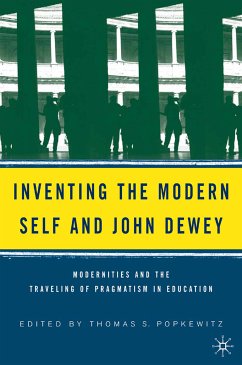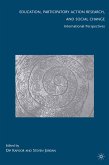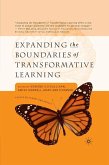Dieser Download kann aus rechtlichen Gründen nur mit Rechnungsadresse in A, B, BG, CY, CZ, D, DK, EW, E, FIN, F, GR, HR, H, IRL, I, LT, L, LR, M, NL, PL, P, R, S, SLO, SK ausgeliefert werden.
'In my library, a special place is reserved for the books of Thomas Popkewitz. Two remarkable features of his work always amaze me: his creativity in choosing and defining the 'problem' and the intellectual sophistication that he brings to the analysis and to the discussion Popkewitz has done it again with this new book. It is a wonderful work that opens new avenues to read John Dewey and the 'traveling of pragmatism' in the light of a broader discussion about modernities. It is a book that illuminates new facets of John Dewey, multiplying the possibilities to problematize an 'author' and his circulation, appropriation, and transformation The book invites the reader to react, to question, and to strugglewith the theses and ideas that are presented. To read Popkewitz is to enter into a critical dialogue, to join an intellectual game of interpretations and illuminations. This is a brilliant book by one of the most challenging authors of our times.' - António Nóvoa, Professor of Education, University of Lisbon
'This collection shows how educational ideas have always traveled across the world, well before the fashionable talk of globalization. For most of the twentieth century, traveling ideas provided nation-states with the intellectual resources with which to interpret the requirements of modernity, leading to the invention of new pedagogic practices based upon existing cultural traditions, but incorporating also conceptions of the modern self. This important book contains some wonderful narratives about how John Dewey's educational philosophy, located within the distinctive American tradition of pragmatism, was appropriated by countries as diverse as China, Turkey, and Sweden to imagine their own distinctive projects of modernity. The book provides therefore a wonderful study of how ideas travel, and are indigenized.' - Fazal Rizvi, Professor in Educational Policy Studies, University of Illinois at Urbana-Champaign









